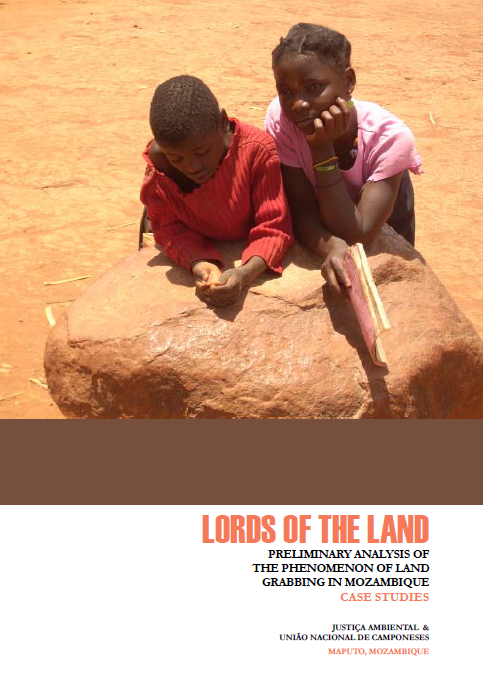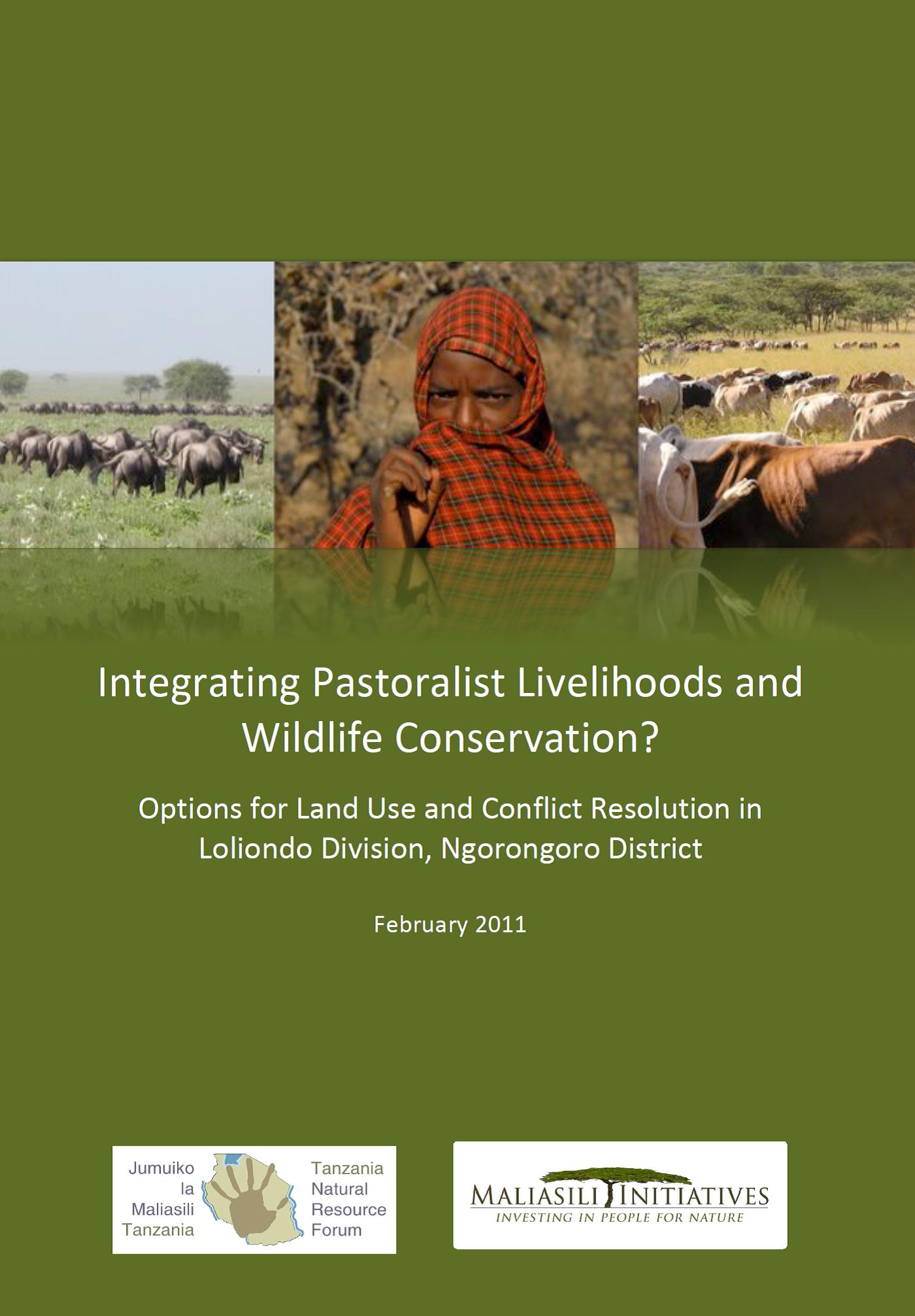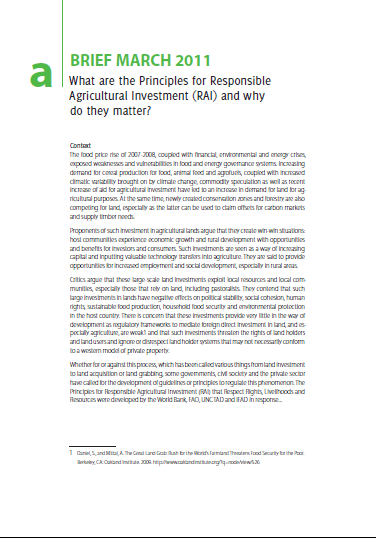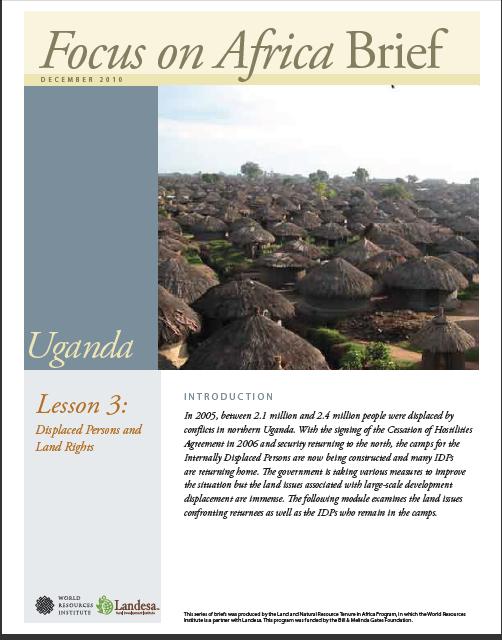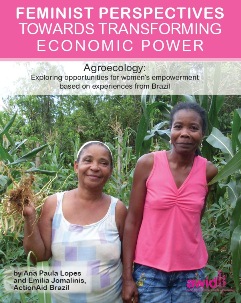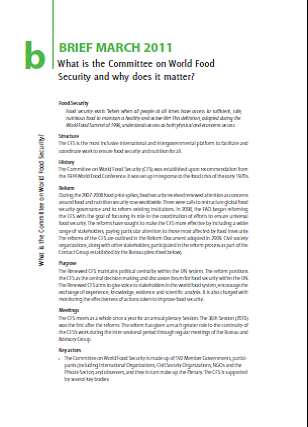Lords of the Land
The term ‘usurpation’ refers to the action of crafty or violent appropriation of something which is legitimately owned by someone else and is therefore; taken without right, acquired by fraud, or illegally possessed. The term is used to describe the global phenomenon of “land grabbing”, such as the rent or purchase of vast extensions of land in poorer developing countries (as is the case of Mozambique) by richer countries with food insecurity and by private investors of those same countries so as to produce or explore diverse goods for export.

